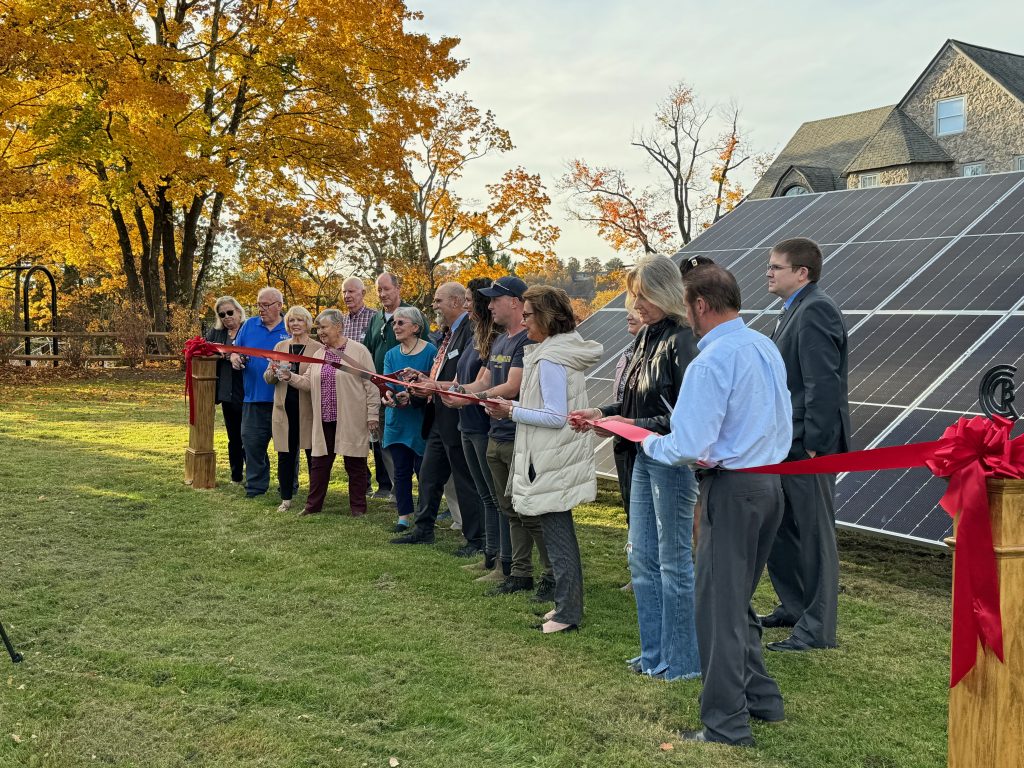Lincoln and Climate Science
By Dr. Bill Kovarik
Abraham Lincoln used to tell a story during the darkest days of the Civil War. Although the story was omitted from a recent movie about Lincoln, it is still worth recalling. It goes like this:
When Lincoln was a young man in Illinois in 1833, he was roused from his bed late one night by his frantic landlord. “Abe! Abe! Wake up! The day of Judgment has come,” the landlord shouted. Lincoln threw open the window and saw fearful neighbors in the road and, above them, a spectacular sky lit up by the Leonid shower of meteors. At first he shared their dismay. “But looking back of them in the heavens,” Lincoln said, “I saw all the grand old constellations with which I was so well acquainted, fixed and immoveable and true in their places.”
Thirty years later, Lincoln would tell this story to his generals and say, “No, gentlemen, the world did not come to an end then, nor will the Union now.”
After the contentious media-driven elections of 2012, it often seems that nothing in our own times is fixed, immovable or true in place. But that would be a misperception. We only need to look behind those falling stars to see so many of our grand old constellations still fixed and true in their places.
In the height of the campaign, many pundits decried the lack of debate about climate science. Yet there in the final days of the campaign, we saw President Barack Obama and New Jersey Gov. Chris Christie working together to mitigate the impacts of superstorm Sandy. All it took was an example of human values in the face of catastrophe to make it “safe” to talk about climate again.
Many states in recent years — particularly Virginia and North Carolina — have made it difficult for regional planners to find and use climate data. But while those stars were falling, a constellation of climate research centers — in the works since the Bush administration — was emerging as part of a federal scientific effort at the National Oceanic and Atmospheric Administration and the Department of the Interior. True in its place, basic science remains unshaken by the ups and downs of local politics.
Despite a massive Appalachian media offensive by the falling stars of the coal industry, basic economics and environmental law are still fixed and true in their places. Blowing up mountains and ruining water supplies in order to make a quick buck is no more economically viable than it is environmentally sustainable, as it turns out. Ask Patriot Coal Co., whose board decided in November 2012 to stop mountaintop removal coal mining because it was not in the company’s long term interests.
Human values, along with environmental science and basic economics, are among the constellations that are still fixed and true in their places.
Lincoln would be proud.
Bill Kovarik is a professor of communication in the Blue Ridge mountains of southwestern Virginia. He teaches science and environmental writing, media history and media law, and has written extensively about environmental and energy issues for publications ranging from the New York Times to The Appalachian Voice to Earth Island Journal. He is currently working on a history of renewable energy. His research was recently mentioned in Neil Young’s book “Waging Heavy Peace.”
Related Articles
Latest News
More Stories

Leave a comment
Your email address will not be published. Required fields are marked *




